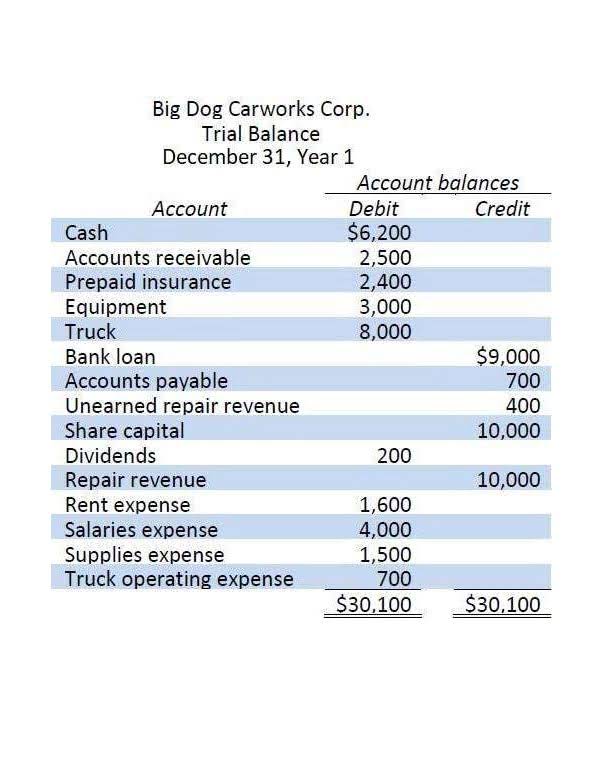
Many churches have a designated financial committee or board that oversees financial matters. Members of the financial committee have a solid grasp of the church’s financial requirements or have experience with finances. They are in charge of financial planning, budgeting, and ensuring the church church accounting stays within its means.
Audit and Assurance Services

Most small churches just need to track a few bills they pay, including salaries, and they also need to track how much money they get from giving. Your organization’s budget is free to evolve the further into the year you get, so don’t feel like you have to remain rigid with your initial plan. It’s important for those in charge to be aware of upcoming plans and initiatives, as they may need to approve increases to the budget. Ask yourself the question, “Should I know how much money I’ve set aside for _____ ? Regular audits, both internal and external, provide an objective review of financial processes and identify potential weaknesses.
- Set up proper fund accounting processes and policies to ensure you abide by donation guidelines and preserve financial transparency and goodwill with donors.
- You’ll need the bank and other financial statements before you can begin.
- Nonprofit financial statements provide a detailed view of their financial activities and obligations.
- You won’t be informed when it comes time to make important financial decisions.
- Churches make money by charging for services or special occasions such as marriages, christenings, or community festivals.
Importance of Transparency
- Work with church leaders to prioritize essential expenses like staff salaries and building maintenance, followed by ministry and outreach programs.
- Their financial statements emphasize how resources are acquired, managed, and utilized.
- It will record income and expenses, reconcile bank accounts, and manage budgets.
- It shines a light on ministry finances without making it the focal point.
- This process was time-consuming and error-prone, diverting leadership from their mission.
While churches are typically exempt from federal corporate taxes under Section 501(c)(3) of the federal tax code, they may be subject to taxation on income from unrelated business activities. This can become quite nuanced and present some challenges as you navigate the day-to-day accounting tasks for your church. We’re a team of financial storytellers with superpowers in accounting, bookkeeping, and consulting.
Accounting Tips: Bookkeeping for Churches
It allows churches to manage donations more effectively and issue electronic receipts immediately. Technology encourages frequent and constant donating, as it allows for recurring donations. Even if you’re a hands-on leader, remember that accounting is a hands-off part of your ministry. Find a dependable designee who can be trusted to handle your church accounting jobs, and then let them do it. Ministry leaders — especially pastors — shouldn’t be involved in bookkeeping for churches.


They offer invaluable experience overseeing the church’s financial operations because they are accounting personnel with specific training or certification in accounting or finance. A business manager or financial administrator is present in some larger churches or denominations to provide more extensive oversight over the financial operations. A business manager oversees financial planning, budget management, and tax and legal compliance. However, we’ve found that most churches need at least some support when it comes to Certified Bookkeeper money management. That’s why we’ve created a selection of modular accounting services and tools that can fit your specific needs. The emphasis on accountability over profits is critical to managing church finances.
Unique Accounting Needs for Churches

No one founds a church and then plans on wrapping up shop a few years later. Every ministry hopes for a healthy, successful future for their church. Of course, they can’t be sure what that will look like, which is why you engage in things like succession planning. What are the benefits of truly investing in your church’s accounting? Why is it so important to make sure you’re handling your accounting the right way? Regular monitoring is crucial to ensure that the What is bookkeeping church stays within the budget.
